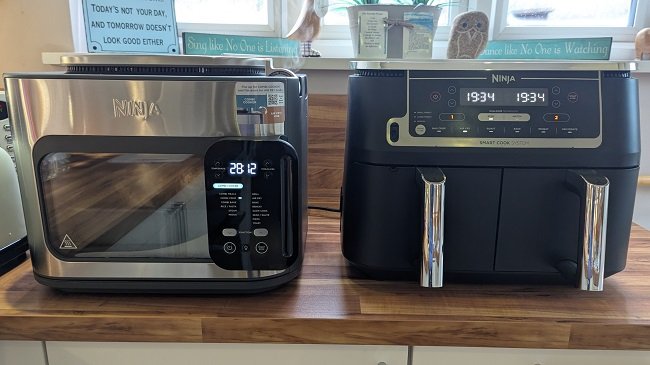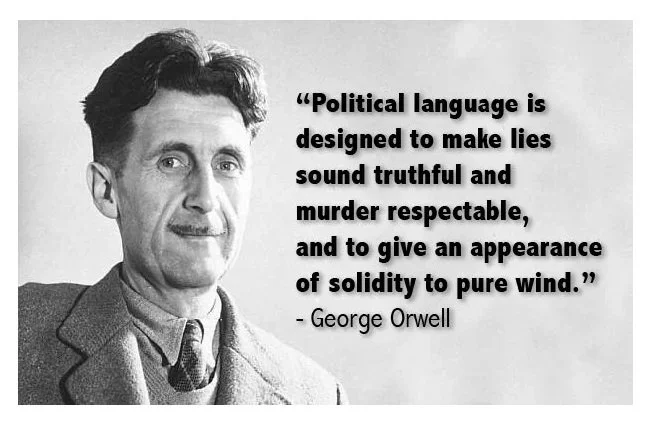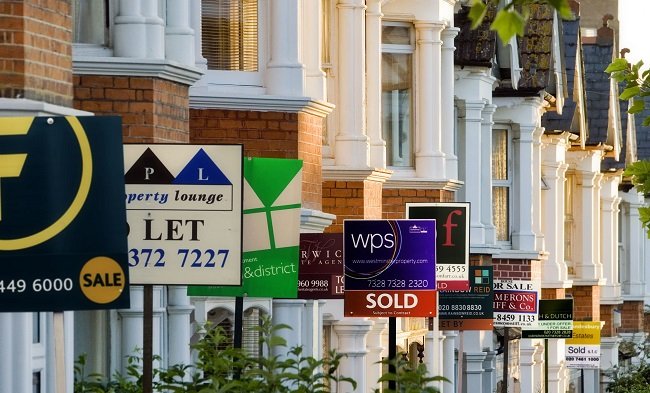Identification and Bureaucracy
I spent several hours this week visiting banks, endeavouring to have my personal details added to my Father’s bank accounts. I was recently awarded power of attorney (LPA) and have now got a long list of companies, government departments and organisations that I need to notify so that I can administer his affairs. However, this process has proven a little more difficult than I expected. The problem doesn’t lie with the LPA, which is valid and in order. The main stumbling block lies with me, as I do not have either of the two commonest forms of identification used in the UK; a current passport or a driver’s license.
Luckily, the banks have a list of alternative ID that can be used and I have managed to find two others that I do have. So far, I have used my recent award notice for Carers Allowance from the Department of Work and Pensions (DWP) along with a current bank statement from Santander to verify my identity. However, there were many other alternative forms of ID that I do not have. For example, as I moved in with my partner, utility bills are all in her name. Many of the services that I do pay for myself, such as my mobile phone contract, are administered online and therefore do not provide any paperwork. Needless to say, this situation has given me food for thought about the entire issue of proving my identity.
A cursory search online shows that this is not an uncommon phenomenon and that I’m far from unique. According to the RAC, as of March 2019, the total number of driving licences registered with DVLA in the UK was 48,992,312. The UK population is currently 66.04 million, which means 17.19 million people do not have a driving licence that they can used as ID. It’s a similar story with passports. As of the end of 2018, there were 50,437,362 valid UK passports held by UK citizens. Again that means that 15.66 million people do not currently hold one, again missing out on the commonest form of personal identification.
There are many reasons why a person may not have a driving licence or passport and they tend to be based around age, as well as socioeconomic reasons. The politics of such matters is an entirely different blog post altogether, so I won’t attempt to address that here. In my case, I have written in the past about not being a “driver” which is mainly down to my social circumstances when I was a teenager. I had friends whose employers paid for them to learn how to drive, so they quickly became the designated driver of our group. With regard to work, I’ve always been employed in central London, where public transport is more than adequate. Hence, I’ve never needed to drive and as time has gone by, neither desired to do so. As for a passport I have had one in the past and it expired in 2010. As I have not required to travel outside the UK since then I haven’t renewed it.
We live in a world that is radically different from the one that I grew up in during the seventies. Identity theft has become “a thing” and as we move more towards conducting business online, there is a clear need to be able to easily prove one’s identity easily. Yet the moment western governments raise the subject of identity cards, the public tends to robustly reject such concepts. This is especially the case in the UK. There was legislation brought forward for such a system in 2006 but it was drastically “dialled back” from the original concept. The voluntary system was subsequently repealed in 2010 mainly due to public ill-will. Naturally, there are many cogent arguments regarding personal freedom. Yet on the other hand the UK public is regularly tracked via the use of credit cards, pre-paid travel cards for public transport, not to mention smartphones and the likes of Amazon certainly know what you’re up to. So I find this resolute objection to an identity card system somewhat contradictory.
Returning to the matter of my own personal situation, I have decided to renew my passport and keep this primarily as a form of ID. As it has been under ten years, this renewal can be easily facilitated by the Passport Office and the application carried out online. It comes with a cost of £75.50 which is quite a lot if you are on a low income, but the passport is valid for 10 years so it does present itself as a worthwhile investment. I feel that it is important to ensure that I have all the necessary tools to be able to conduct my day to day business online, as I believe that romantic notions of living “off the grid” will become increasingly unlikely in the years ahead. I’ve read several reports recently regarding increasing levels of “digital exclusion” in the UK which is now seen as a major indicator of social inequality. In the recent EU elections there were several areas in the UK that were testing new voter identification systems. I suspect that in the years ahead photo ID will become mandatory for such activities as voting. The worst scenario could be that if you cannot verify who you are, then you will find yourself marginalised from society.




























